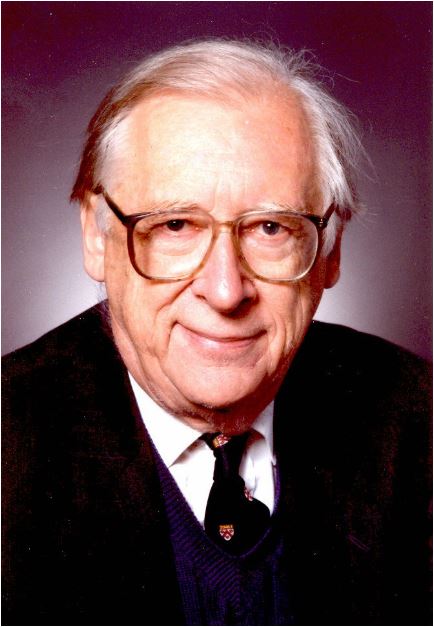John A. Pople was awarded the Nobel Prize in Chemistry in 1998 for his contributions to the development of computational methods in quantum chemistry. He shared the prize with Walter Kohn, who was recognized for his development of density functional theory (DFT).

Pople’s work revolutionized the field of computational chemistry by developing methods that allowed scientists to simulate and understand chemical reactions and properties using computers. He made significant contributions to the field of quantum chemistry by creating computational algorithms and software programs that accurately modeled the behavior of atoms and molecules.
One of Pople’s most notable achievements was the development of Gaussian orbitals, which are mathematical functions used to describe the behavior of electrons in atoms and molecules. These orbitals provided a more accurate representation of electron density and allowed for more precise calculations of molecular properties and reaction energies.
Pople also played a key role in the development of the Gaussian series of computer programs, which implemented his computational methods and became widely used in the scientific community. These programs enabled chemists to perform complex calculations, such as predicting the structure and properties of large molecules, studying reaction mechanisms, and exploring new materials.
The combination of Pople’s theoretical advancements and practical software tools made significant contributions to the field of computational chemistry, opening up new avenues for research and accelerating the understanding of chemical systems. His work had a profound impact on various areas of chemistry, including organic chemistry, inorganic chemistry, physical chemistry, and materials science. As a result of his pioneering contributions, John A. Pople was awarded the Nobel Prize in Chemistry in 1998.




